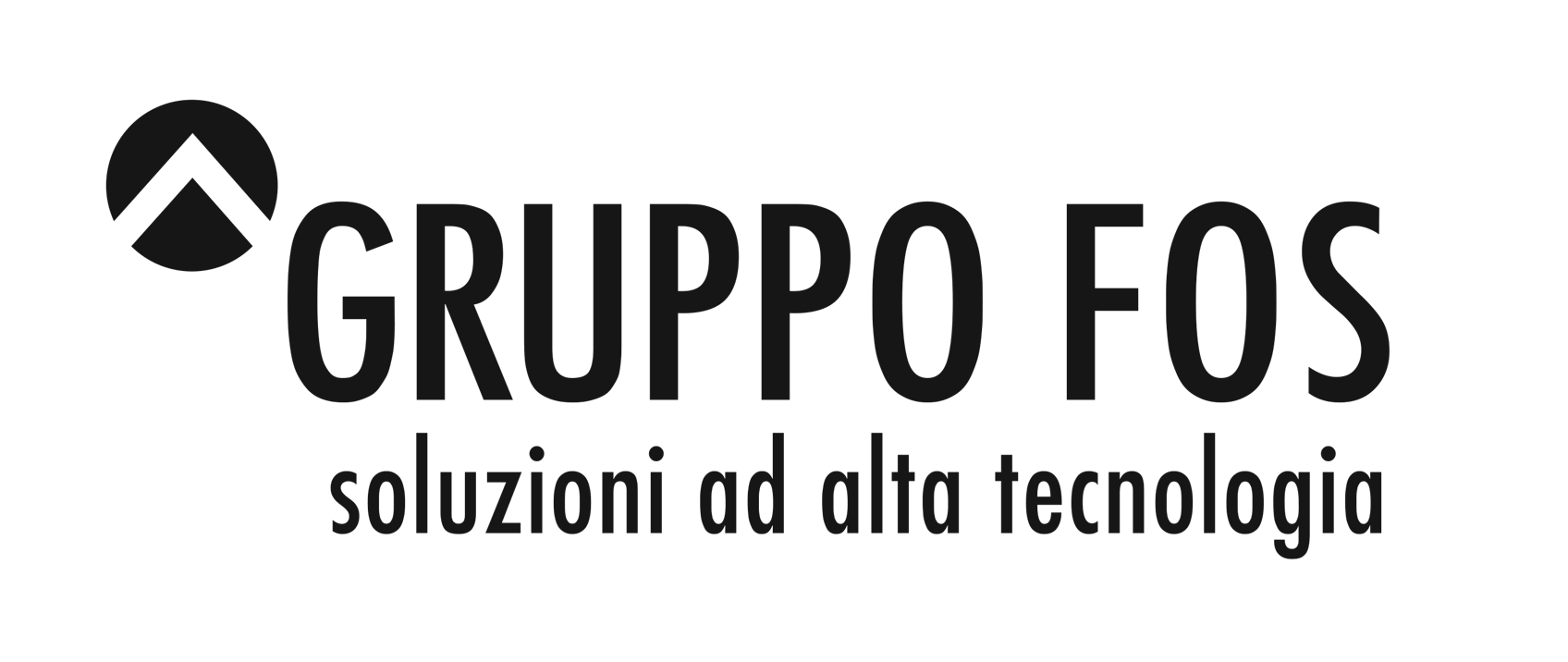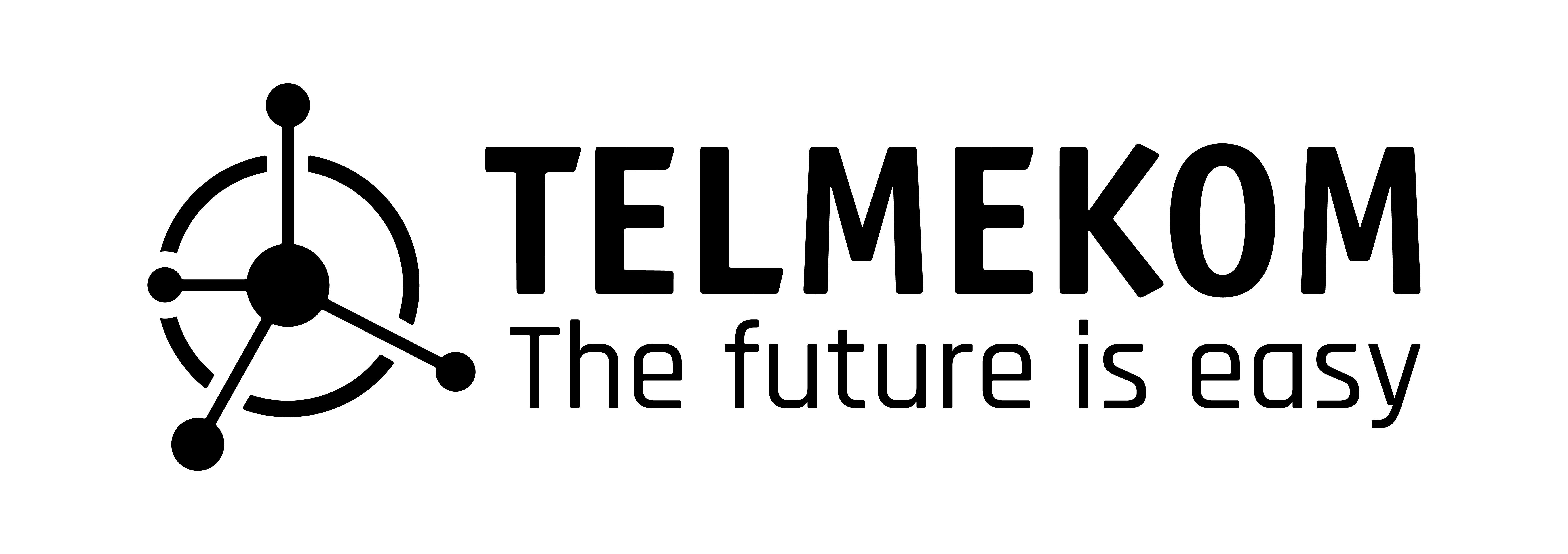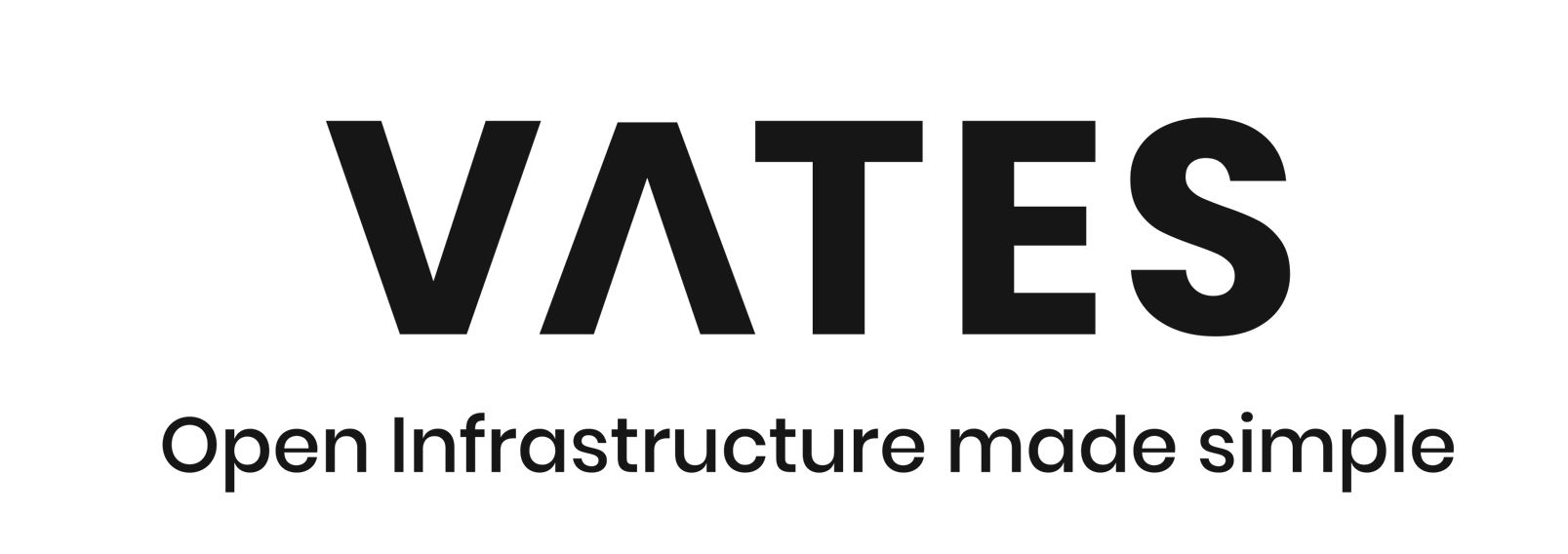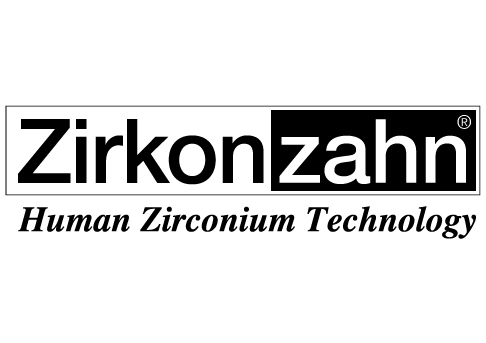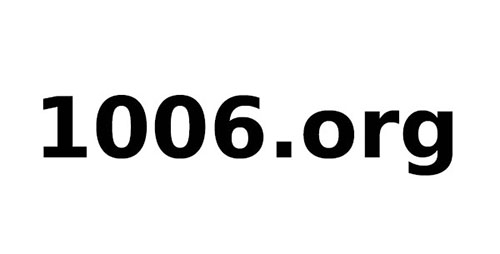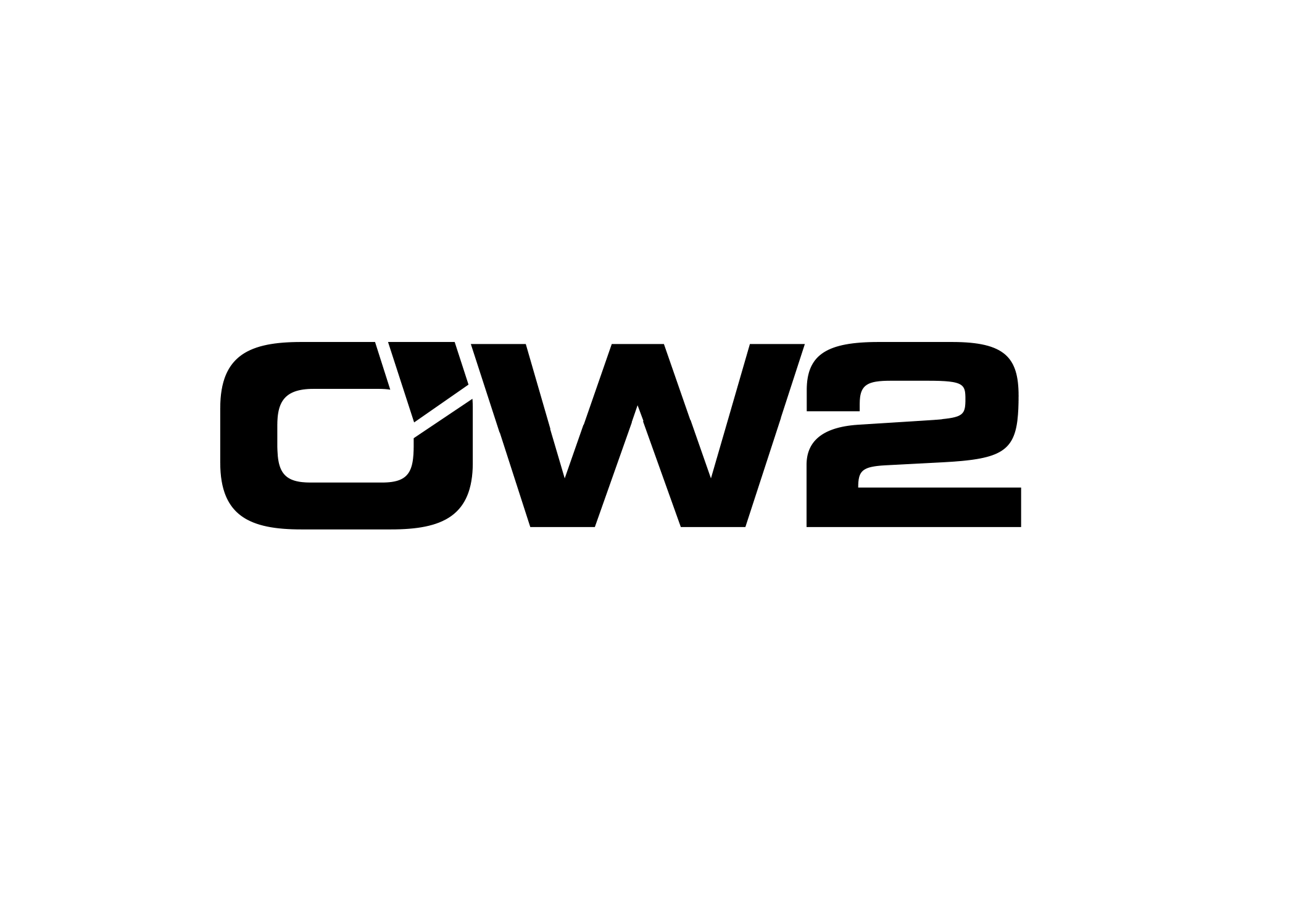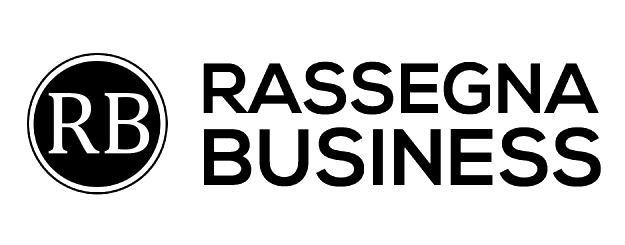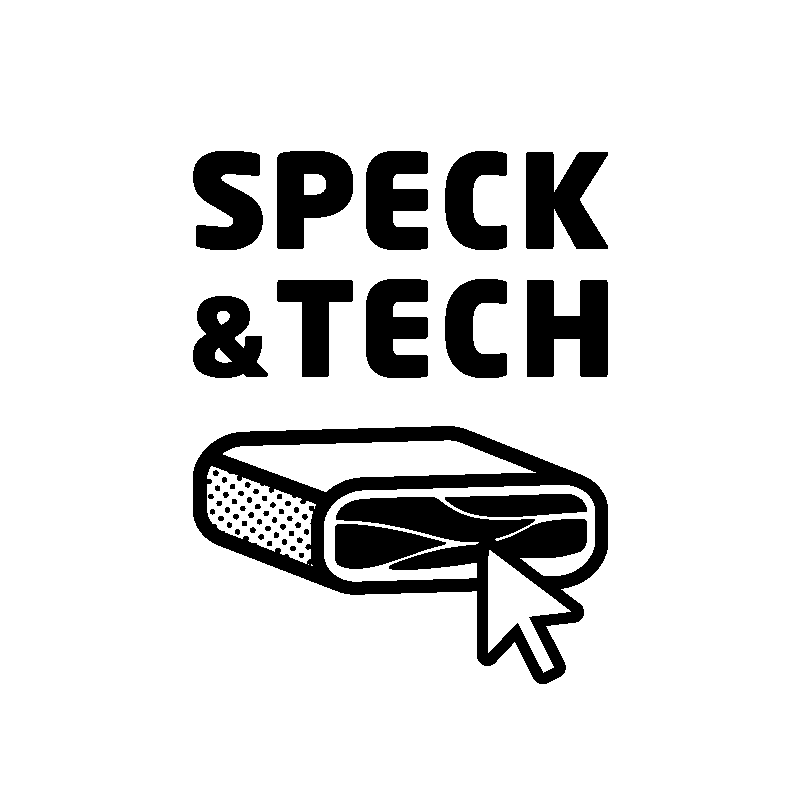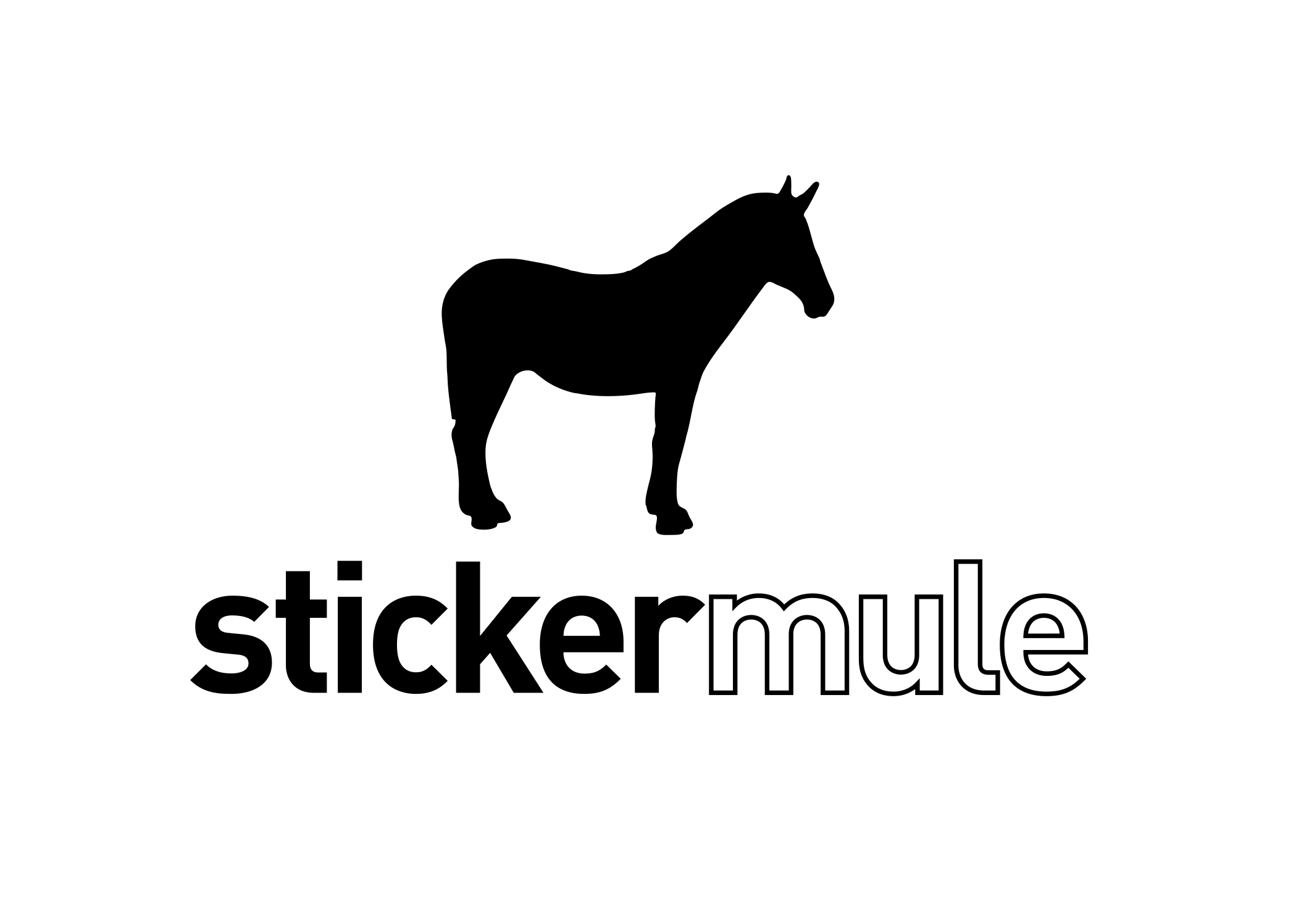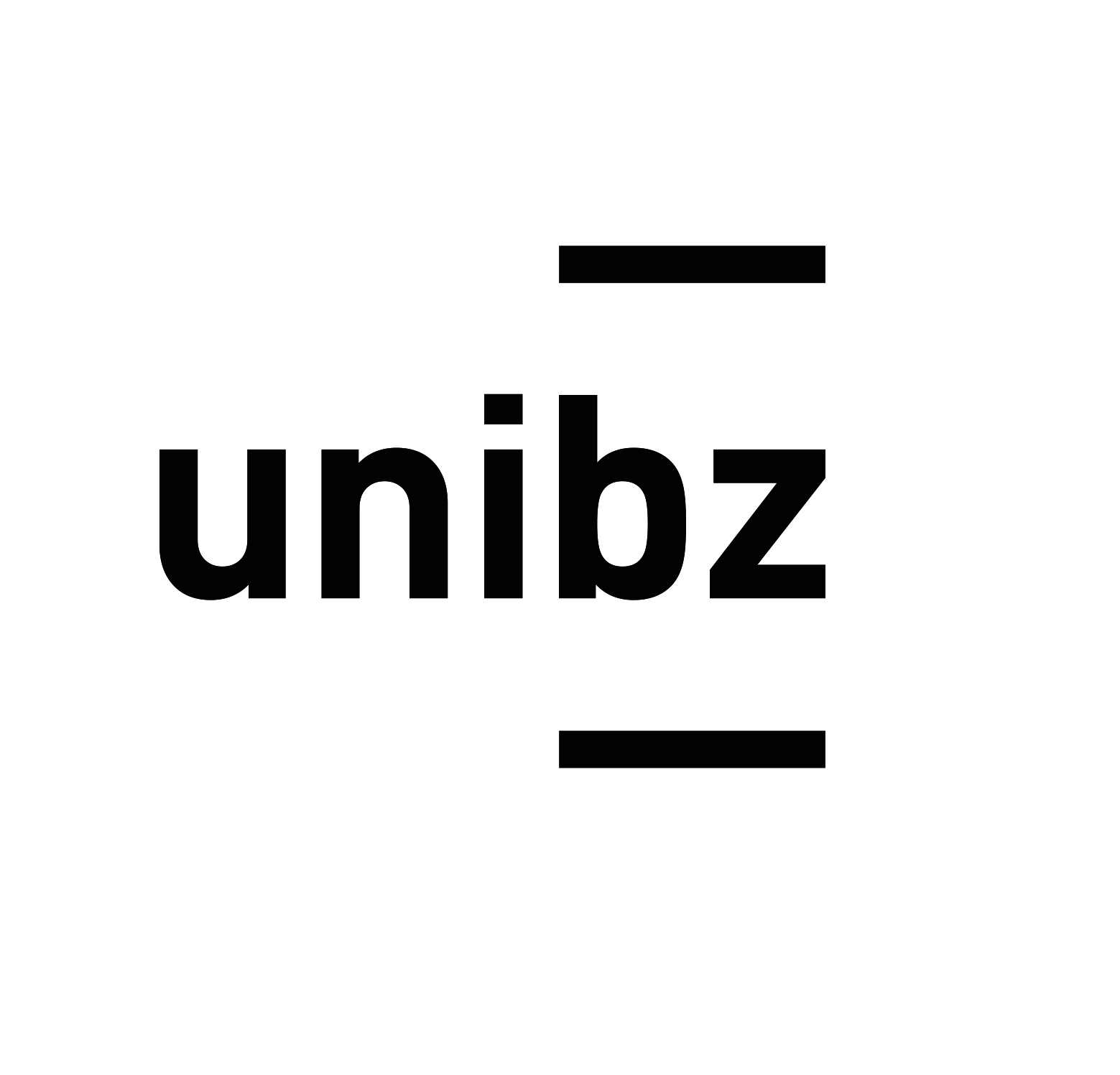Through the Green Deal, the European Commission has set the ambitious target of making Europe the first climate-neutral continent by 2050 and the key to this commitment is represented by cities and towns implementing it in their area through Local Green Deals.
This is exactly the process that Project USAGE (https://www.usage-project.eu/) has been supporting for the past years, working to overcome legal and technical barriers to the sharing and exploitation of urban data among public bodies, private organisations and civil society, with the aim of developing actionable data-driven tools to directly support decision makers and environmental policies implementation in cities.
More specifically the outcomes of the project are:
– the creation of data governance frameworks for cities (local data spaces)
– the deployment of software solutions for data-sharing and their exploitation
– the improvement of availability, quality and interoperability of data for Local Green Deals
On top of data products (LIDAR point clouds, hyperspectral and thermal data captured by airborne sensors, multispectral data captured by spaceborne sensors, to name a few), USAGE has implemented algorithms and tools that transform input data into value-added products, most often leveraging on ML algorithms such as Support Vector Machine and Random Forest.
Some of the most relevant results of this type are:
– the hyperspectral image analysis to automatically derive tree canopies extension and tree species identification;
– the classification of roof material type, road pavement type, level of soil imperviousness, all based on hyperspectral images;
– the implementation of an indicator measuring which buildings satisfy the 3-30-300 criterion, coupled with the data about the number of residents, to identify the areas that are most impacted;
– solar potential estimation in public and private open areas, cross-referenced with actual photovoltaic panel installations, to identify available spaces to develop community solar projects;
All of these initiatives were developed having the FAIR approach as the guiding principle: most input as well as derived datasets are discoverable via public catalogues and accessible through open and standard services deployed by the four municipalities involved in the project (Ferrara, Graz, Leuven, Zaragoza), as well as the algorithms and tools developed to elaborate them which are published on the project GitHub (https://github.com/USAGEHub).
More broadly, the project contributed to the creation in the partner cities of local urban data spaces, focused on the green deal domain, but with the ambition of expanding their implementation to many more domains of city policies.


